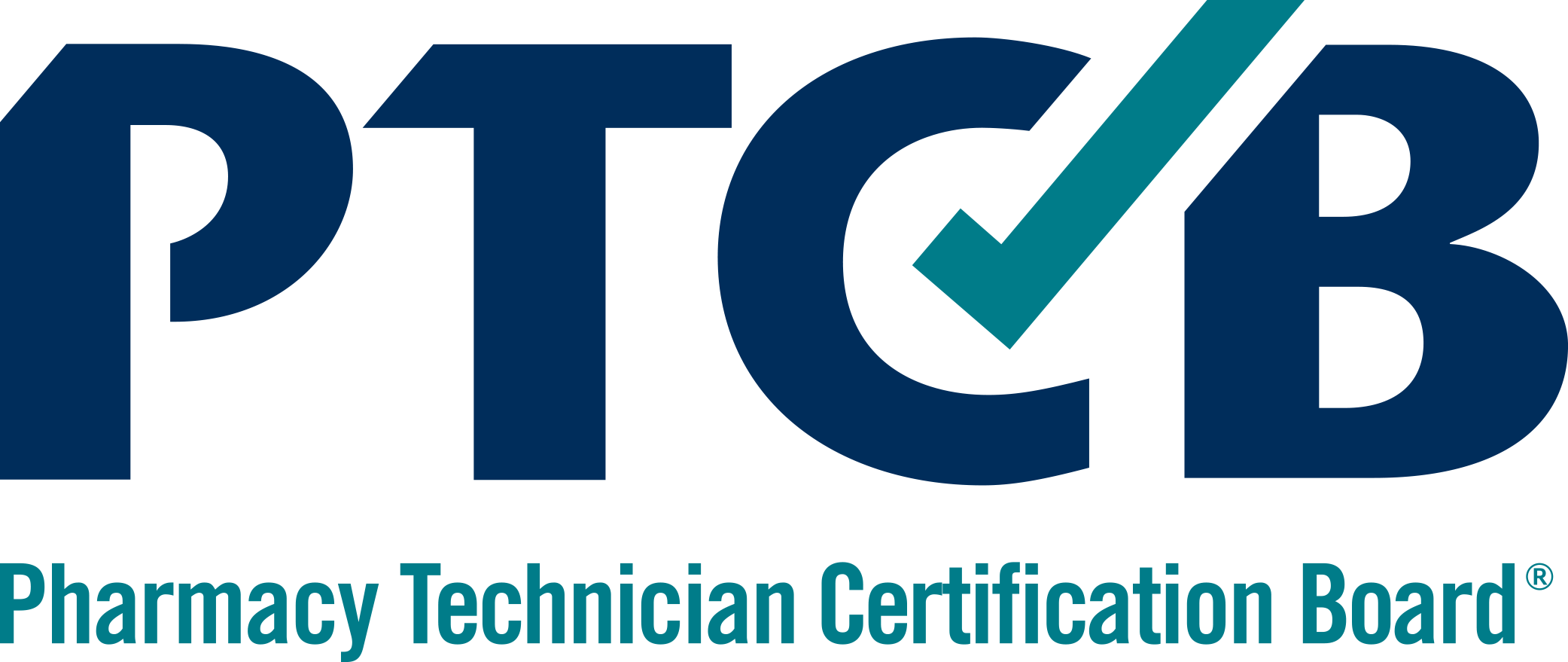
- June 2019 Women's Health
- Volume 85
- Issue 6
Certified Techs and Pharmacists Make a Great Team

PTCB expands credentialing programs as technicians assume more responsibility and new roles.
Before i joined the pharmacy technician certification board (PTCB), I worked with many remarkable techs during my 16-year career in community-based pharmacy.
Along the way, I was aware of the value of national certification for techs. I had the privilege of working alongside many devoted PTCB-certified techs (CPhTs).
One technician, Ashley Talmadge, CPhT, comes to mind. As pharmacy manager, I called her my right hand. Ashley was able to finish tasks where I left off. She and I could anticipate each other’s actions and thoughts. When Ashley was scheduled to work during my shift, I knew we would have a high-performing day. Not only did I have peace of mind knowing that the operations of the pharmacy on that day would run efficiently, I was confident that I would be able to perform at the peak of my license with her by my side.
Ashley knew our customers on a personal level and nurtured trusting patient relationships. In dispensing, she often caught a prescriber’s error. When she did, she spoke to me or the pharmacist on duty to trigger our calls to the provider’s office. Ashley also alerted me multiple times to incorrect insulin dosing orders and found errors in antibiotic prescriptions; for example, a child’s script written for 5 tsp instead of 5 mL.
Inspired by her on-the-job training and through her own determination, she pursued PTCB national certification and chose a life-long career as a tech. Ashley remains committed to her personal mission to maintain her certification. She is always looking for opportunities to better herself and expand her knowledge because she knows pharmacy is constantly evolving to meet the demands and needs of the patients she serves.
Just as Ashley is committed to providing the best patient care, PTCB is committed to supporting qualified techs like her. At PTCB, advancing medication safety requires us to evaluate the needs of the pharmacy profession as well as tech responsibilities and roles and make program updates when necessary. We are excited about the changes we are making in 2020 to the requirements for initial CPhT program applicants and our updates to the Pharmacy Technician Certification Exam.
Beginning next year, PTCB will offer 2 eligibility pathway options for techs who apply. One is completion of a PTCB-recognized education/training program and the other is 500 hours of work experience. Announced in January 2018, these new eligibility requirements are based on data we collected via our Job Task Analysis survey of more than 40,000 techs, as well as comments and feedback from the pharmacy community, including states boards of pharmacy, state and national pharmacy associations, and tech educators and employers.
Our new requirements reflect input from pharmacy professionals that certain abilities, knowledge, and skills are acquired most effectively through education and training or work experience. As I had confidence in Ashley’s abilities when I had the pleasure of working with her, pharmacy employers can be confident that PTCB-certified techs demonstrate that they have the knowledge to advance patient care in today’s pharmacy.
In addition to the upcoming changes to our CPhT program, we recently shared the news that we are developing assessment-based certificate programs. These programs will provide motivated CPhTs like Ashley an opportunity to earn certificates and a new Advanced Certified Pharmacy Technician (CPhT-Adv) credential. They will recognize the important contributions techs make to advance medication safety and will help build a career ladder for CPhTs.
Candidates seeking the CPhT-Adv designation will be required to earn at least 4 of the new certificates to be eligible. The 5 certificate programs under development are in Tech-Check-Tech (or Technician Product Verification), Medication History, Controlled Substance Diversion Prevention, Billing and Reimbursement, and Hazardous Drug Management.
In addition, PTCB launched its first advanced certification program, the Certified Compounded Sterile Preparation Technician (CSPT) Program, in December 2017. More than 800 candidates have taken the CSPT exam, and more than 600 have completed all steps to earn CSPT certification, which demonstrates a tech’s knowledge and skill in preparing compounded medications and products in a sterile environment. The CSPT program is another example of PTCB’s commitment to the advancement of techs and medication safety.
Pharmacies could not function without committed techs. As pharmacists focus more on direct patient care, qualified techs with PTCB certification, like Ashley, can assume new responsibilities and roles.
Liza Chapman, PharmD, FAPhA, is vice president of partnership development at the Pharmacy Technician Certification Board.
Articles in this issue
over 6 years ago
OTC Case Studies: Women's Healthover 6 years ago
Expand Your Pharmacy Footprintover 6 years ago
Discussion About Facebook Post Turns Into a Lawsuitover 6 years ago
CVD in Women Is an Underrecognized Problemover 6 years ago
Do Statins Interfere With Clopidogrel During Platelet Therapy?over 6 years ago
Pharmacists Can Help Women Undergoing Menopauseover 6 years ago
Safety Requires a Healthy Preoccupation With Failureover 6 years ago
Prescription Drug Monitoring Programs Are Invaluableover 6 years ago
Are Women's Supplements and Vitamins Useful?Newsletter
Stay informed on drug updates, treatment guidelines, and pharmacy practice trends—subscribe to Pharmacy Times for weekly clinical insights.


























